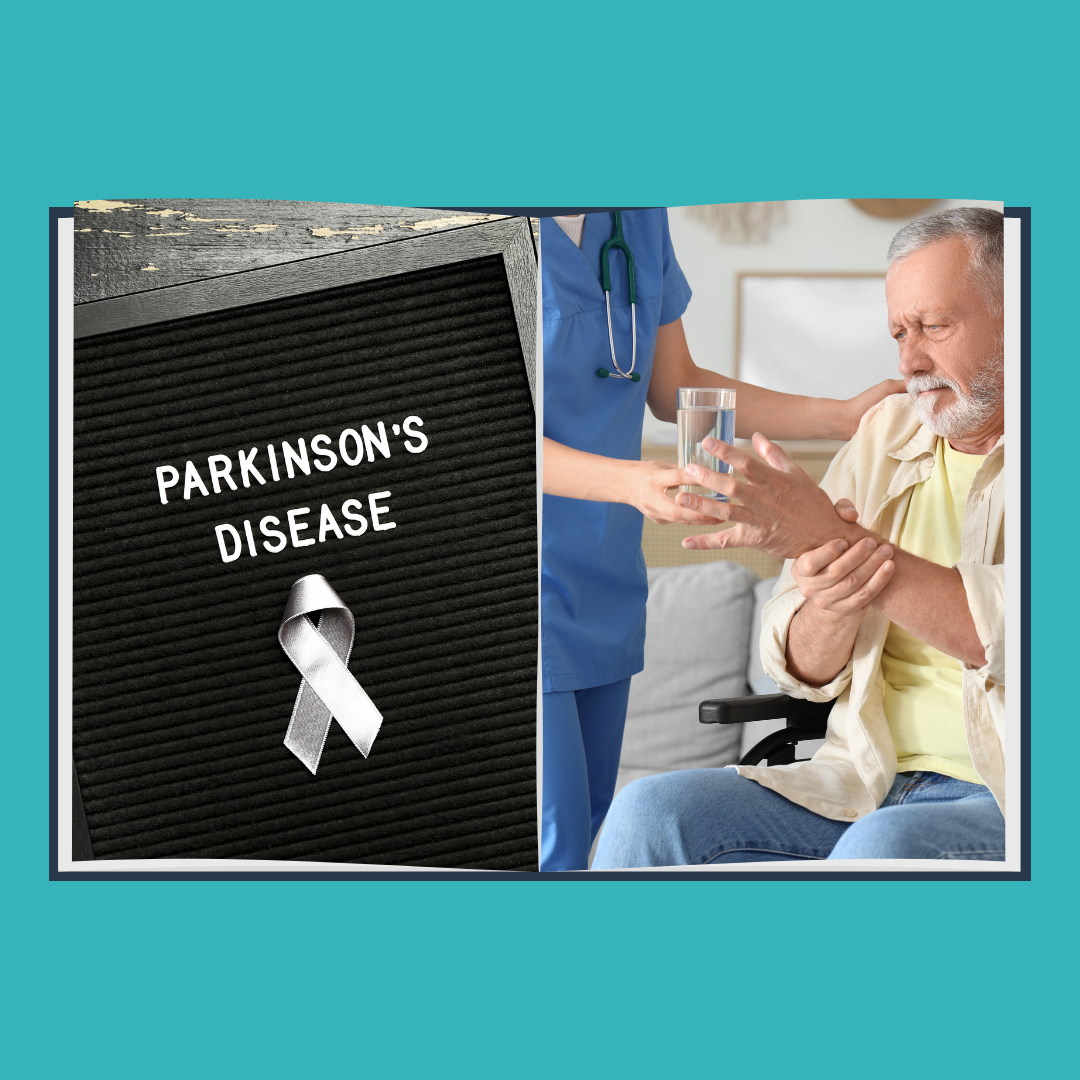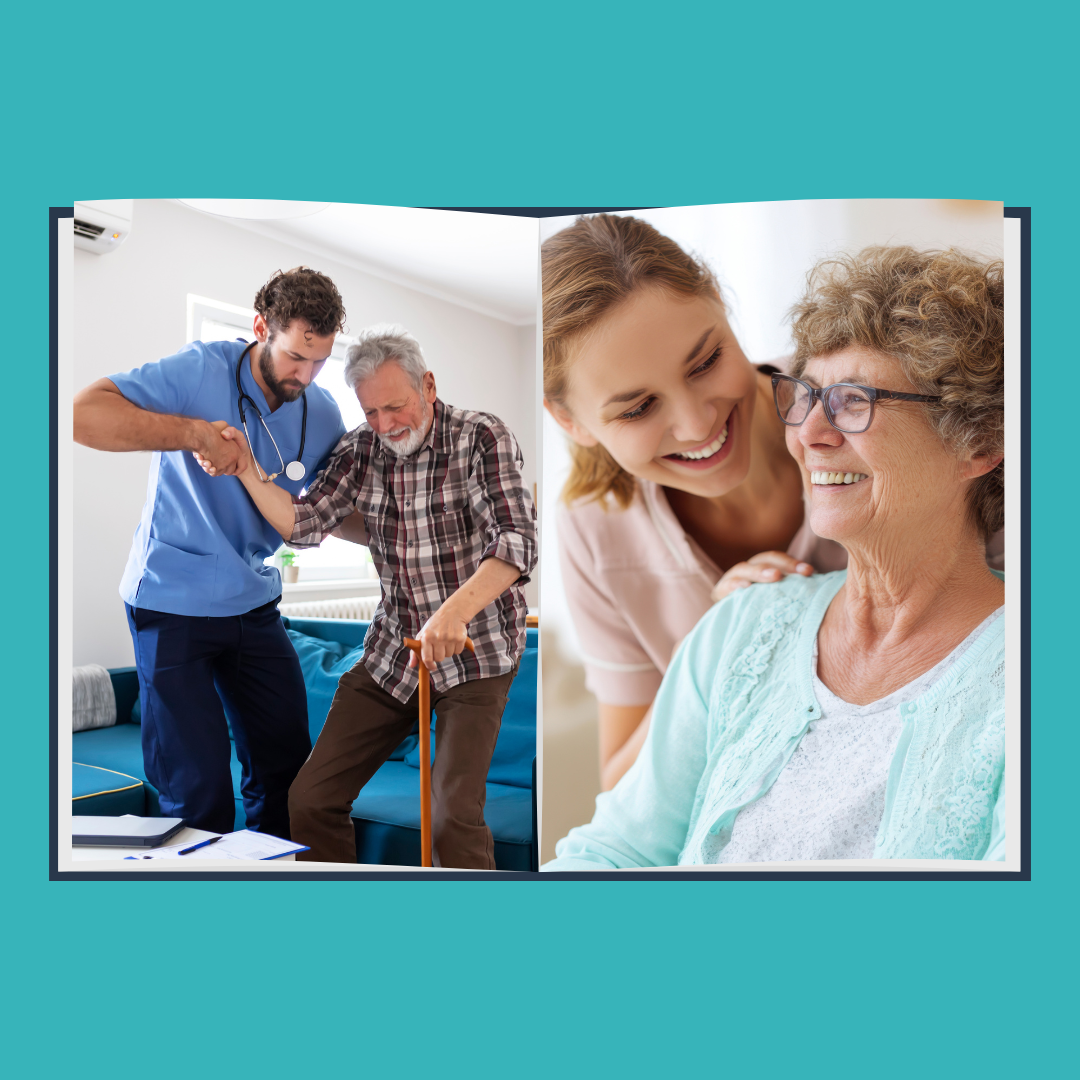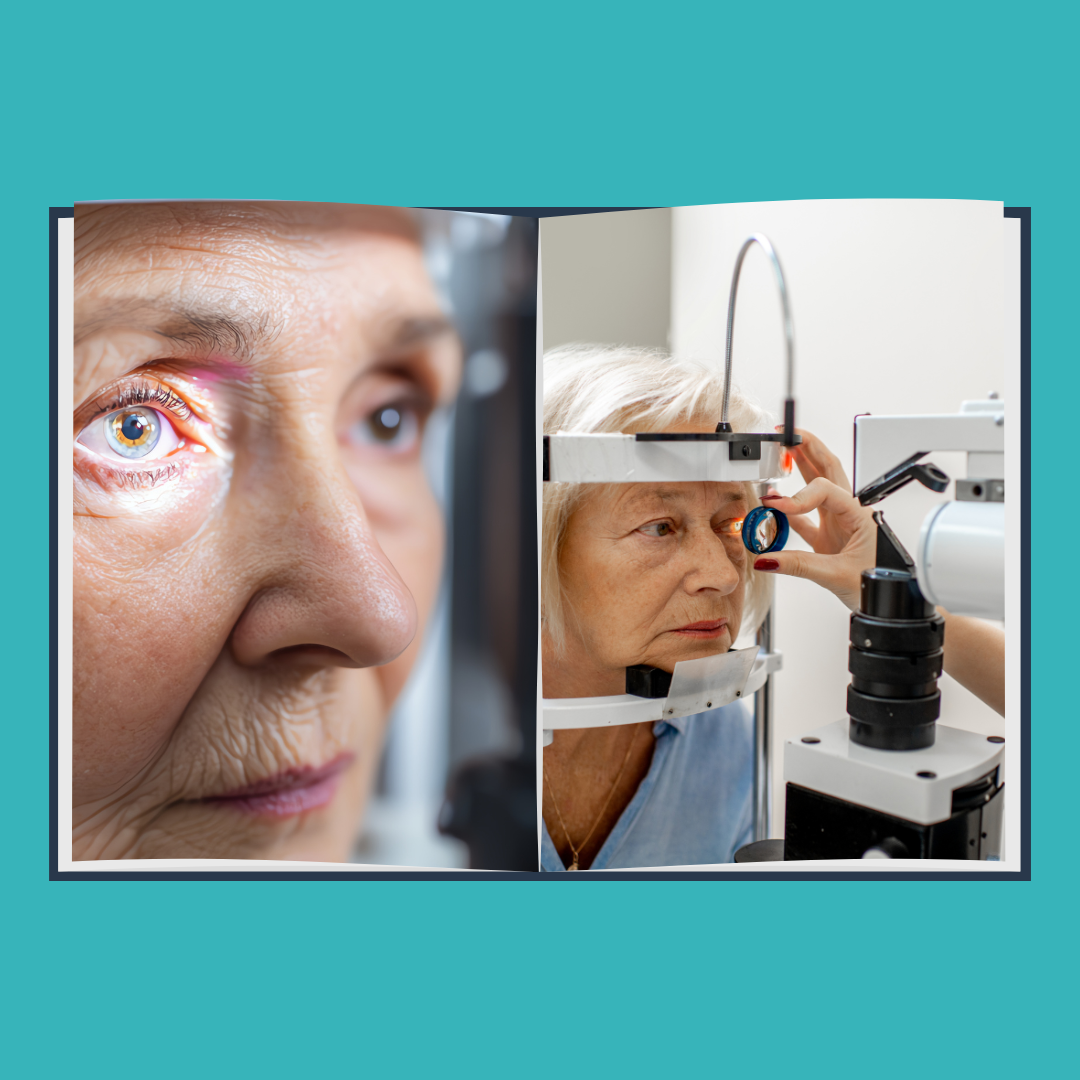New Paragraph
Winter Health and Safety Tips for Seniors
As December ushers in colder weather and festive activities, seniors face various health and safety challenges. From managing the chill to staying healthy during flu season, caregivers play a crucial role in helping seniors navigate winter safely. Here are essential tips for keeping seniors warm, healthy, and active throughout the season.
1. Preventing Cold-Weather Illnesses
Cold temperatures can increase the risk of hypothermia, respiratory infections, and other health issues.
- Dress in Layers: Encourage seniors to wear multiple layers that can be adjusted as needed. Thermal underwear, hats, scarves, and gloves are essential for staying warm.
- Check Indoor Heating: Regularly inspect heaters and ensure they are working correctly. Also, remind seniors to avoid sitting too close to heaters to prevent burns.
2. Managing Seasonal Illnesses
Winter is prime flu season, and seniors are particularly vulnerable to respiratory illnesses.
- Encourage Vaccinations: Ensure seniors are up-to-date on their flu, COVID-19, and RSV vaccinations to reduce the risk of severe illness.
- Practice Good Hygiene: Encourage regular hand-washing and provide hand sanitizer in common areas. Limit exposure to large crowds if possible.
3. Fall Prevention
Snow and ice can create hazardous walking conditions, increasing the risk of falls.
- Non-Slip Mats: Place mats at entryways to prevent slipping, and use non-slip rugs throughout the home.
- Proper Footwear: Ensure seniors wear sturdy, non-slip shoes both indoors and outdoors to maintain stability.
4. Staying Active Indoors
Physical activity is crucial for seniors’ health, even during the colder months.
- Gentle Exercises: Encourage light indoor exercises like chair yoga, stretching, or resistance band workouts to maintain flexibility and strength.
- Indoor Walks: Create a safe walking path in the home to encourage movement and prevent stiffness.
5. Mental Health and Emotional Well-Being
Shorter days and less sunlight can lead to feelings of isolation or seasonal affective disorder (SAD) in seniors.
- Light Therapy: Consider using a light therapy lamp to mimic natural sunlight and improve mood.
- Social Engagement: Encourage phone calls, video chats, or socially distanced visits to keep seniors connected with family and friends.
Conclusion
By addressing the unique health and safety challenges winter presents, caregivers can help seniors enjoy a comfortable, active, and healthy season. These proactive steps ensure that December is not only safe but also filled with warmth and happiness.









